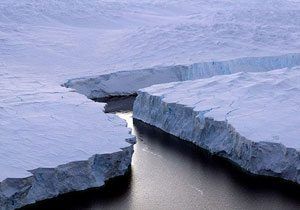Climate change, also known as global warming, refers to the Earth’s rising temperatures, primarily due to human activities since the Industrial Revolution. Scientists estimate a temperature increase of about 1°C, leading to more extreme and unpredictable weather patterns. The main causes of climate change include burning fossil fuels, agricultural practices like methane emissions from cows, and deforestation, which reduces the Earth’s ability to absorb carbon dioxide.
The effects of climate change are widespread, impacting weather with increased rainfall and rising sea levels, which threaten wildlife such as polar bears and sea turtles. These changes also affect human communities, particularly in agriculture, where unpredictable weather disrupts food production.
To combat climate change, individuals can make small lifestyle changes, such as using energy-saving products, recycling, and supporting Fairtrade to ensure fair compensation for farmers. Every small effort contributes to reducing the overall impact of climate change.
Source link


